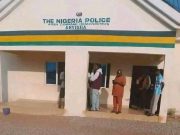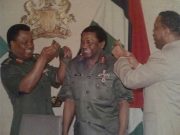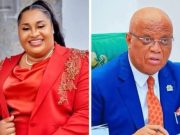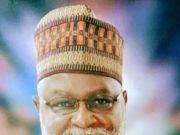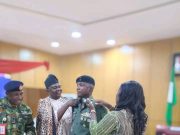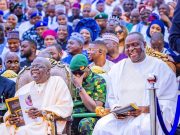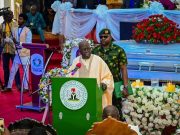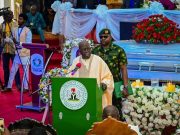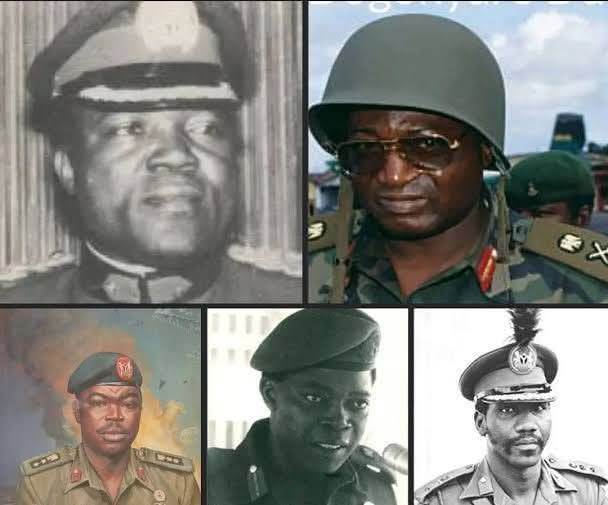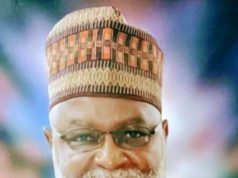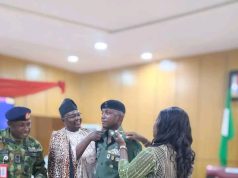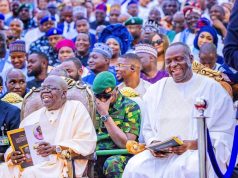By Solomon Selcap Dalung
Nestled in the southern reaches of Plateau State, Nigeria, the small town of Langtang might not strike you as a hub of influence at first glance. With its quiet streets, local dams, and a tight-knit Tarok-speaking community, it’s a place rooted in tradition and simplicity. Yet, beneath its unassuming exterior lies a remarkable story—one of a group of military men who rose from this modest town to wield extraordinary power in Nigeria’s political and military spheres. They’ve been dubbed the “Langtang Mafia,” a term that evokes intrigue, loyalty, and a complex legacy tied to one of the nation’s most turbulent eras.
The Langtang Mafia isn’t your typical organized crime outfit. Instead, it’s a nickname given to a rumored clique of high-ranking military officers hailing from Langtang, a town known for its Tarok heritage and agricultural produce like groundnuts and millet. These men, many of whom cut their teeth during Nigeria’s post-independence struggles, climbed the ranks of the armed forces to occupy some of the most influential positions in the country. The term “Mafia” here doesn’t imply illegal dealings in the traditional sense but rather a tight brotherhood—an informal network bound by shared roots, mutual trust, and a fierce sense of loyalty.
The group’s prominence is often linked to the era of General Ibrahim Babangida, who ruled Nigeria from 1985 to 1993. During his military junta, several Langtang natives emerged as key players, sparking whispers of a coordinated power bloc from this Plateau State enclave. Names like Lt. Gen. Joshua Dogonyaro, Lt. Gen. Jeremiah Useni, Gen. Domkat Bali, Brig. Gen. John Nanzip Shagaya, and Lt. Gen. Muhammad A. Najib became synonymous with this phenomenon. Even Gen. Yakubu Gowon, Nigeria’s former head of state from 1966 to 1975, has been loosely associated with the group, though his tenure predates the term’s popular use.
What set the Langtang Mafia apart wasn’t just their shared hometown but their collective rise during a time when Nigeria’s military held the reins of power. The Babangida years were marked by political upheaval, economic reforms, and a series of coups and counter-coups. In this high-stakes environment, having trusted allies was crucial, and Langtang’s sons seemed to form a reliable inner circle. Dogonyaro, for instance, was a decorated officer known for his role in suppressing the 1990 coup attempt against Babangida. Useni, a long-serving military figure, held sway as a political heavyweight, while Bali’s tenure as Minister of Defence cemented his influence.
This wasn’t a formal organization with membership cards or secret handshakes. Instead, it was a natural alliance born out of proximity and shared experiences. Growing up in Langtang, these men likely knew each other—or at least each other’s families—long before they donned uniforms. In a country where ethnic and regional ties often shape alliances, their common Tarok identity and Christian faith (dominant in the region) may have deepened their bond. As they ascended, they brought a sense of pride to Langtang, a town that also produced elder statesmen like Chief Solomon Lar, the first civilian governor of Plateau State.
The Langtang Mafia’s influence peaked during Babangida’s regime, a period that’s still polarizing in Nigeria’s history. On one hand, Babangida introduced structural adjustment programs aimed at modernizing the economy; on the other, his rule was plagued by allegations of corruption and the annulment of the 1993 presidential election, widely regarded as the country’s freest vote. The Langtang officers, as key figures in this administration, were both celebrated and criticized. To supporters, they were hometown heroes who put Langtang on the map. To detractors, they were part of a military elite that prioritized power over democracy.
The term “Mafia” itself carries a loaded connotation. In Nigeria’s political lexicon, it often suggests a cabal—a group pulling strings behind the scenes. While there’s no hard evidence of a formal conspiracy, the sheer number of Langtang natives in high places fueled speculation. Were they actively working together to secure power for their region, or was it simply a case of talent and timing converging? The truth likely lies somewhere in between. Military service offered a rare path to prominence for men from smaller towns like Langtang, and these officers seized the opportunity with gusto.
As Nigeria transitioned to civilian rule in 1999, the Langtang Mafia’s influence waned. Many of its prominent figures—Dogonyaro, Bali, Shagaya—have since passed away, while others, like Useni, shifted to political roles. Yet their legacy endures in Langtang and beyond. The town remains a breeding ground for military talent, with newer names like Air Marshal Jonah Wuyep and Gen. Jonathan Temlong adding to its roster of notables. Meanwhile, the General Hospital, schools like Federal Government Girls College, and even the Ponzhi Tarok palace stand as reminders of a community that punched above its weight.
For the people of Langtang, the “Mafia” label is a double-edged sword. It’s a source of pride, reflecting the town’s outsized contribution to Nigeria’s history. But it also carries the baggage of an era when military rule overshadowed democratic aspirations. Today, as Nigeria grapples with new challenges—insurgency, economic instability—the Langtang Mafia feels like a relic of a different time, when a handful of men from a small town could shape a nation’s destiny.
Strip away the politics, and the Langtang Mafia is a story about people—sons of a quiet town who defied the odds. They weren’t born into privilege; they earned their stripes through grit and determination. Their rise wasn’t without flaws or controversy, but it’s a testament to how far loyalty and ambition can take you, even from a place as unassuming as Langtang. Whether you view them as power brokers or patriots, their tale is woven into Nigeria’s complex tapestry—a reminder that even the smallest communities can leave a big mark.





